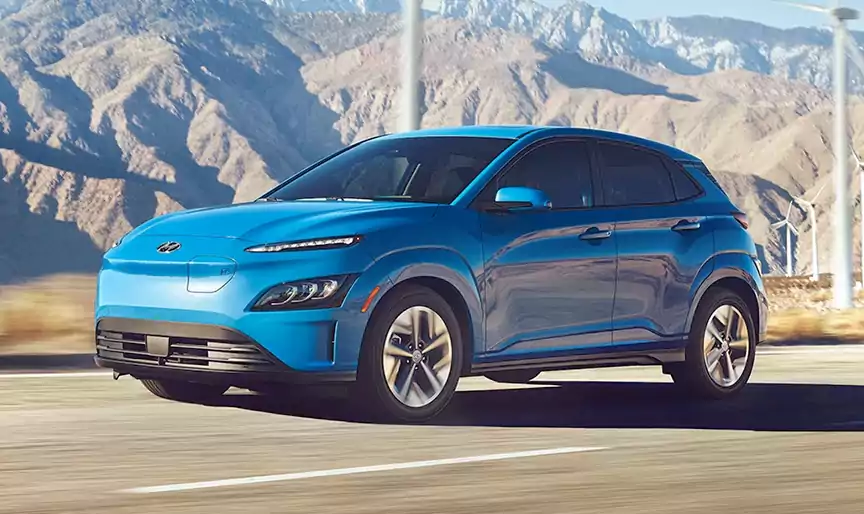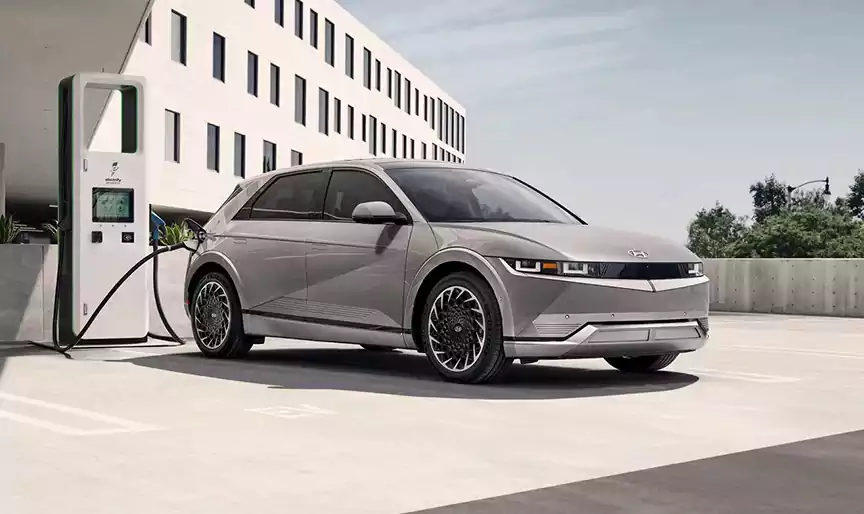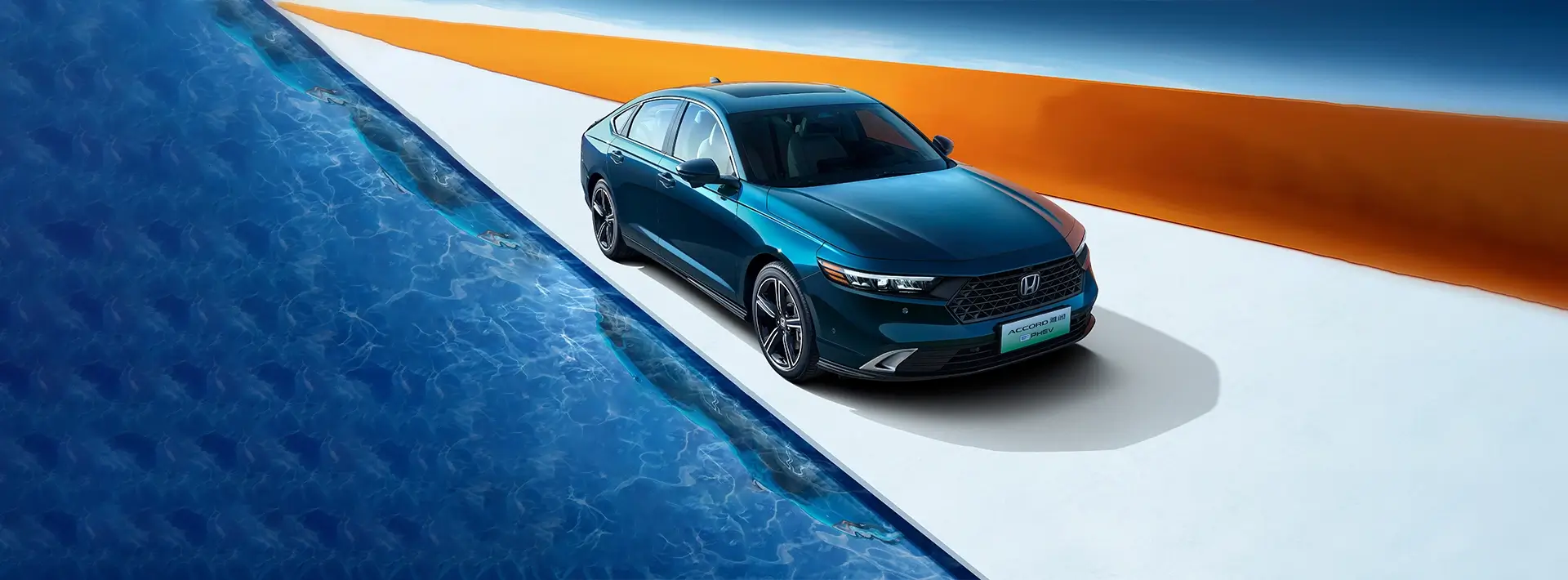
sedan
electric

A

151
151
151
151
151
151
151
151
151
151
151
151
166
166
166
166
166
166
166

304
304
304
304
304
304
304
304
304

314
314
314
314
314

323
323
323

874
874
874
874
B

327
327
327
327
327
327
327
327
327
327
327
327
327
327
327
327
327
327
327
327
327
327
327
327
327
327
327

726
726
726
726
726
726
726
726
726
726

753
753
753
753
753
753
753
753
753
753
753
753
753
753

781
781
781
781
781
781
781
781
781
781
781
781
781

795
795
795

C

628
628
628
628
628
628
628
628
628
628
628
628
628


887


607
607
607
607
607
607
607
607
607
607
607
607
607
607
607
607
607
607
607
D




F

566
566
566
566
566
566
566
566
566
587
587
587
587
587
587
587
587
587




G

455
455
455
455
455
455
455
455
455
455
473
473
473
473
473
473
473
473
473
473
473
473
473
473
473
473

H

522
522
522
522
522
522
522
522

551
551
551
551
551
551
551
551
551
551
551
551
551
551
551
551
578
578
578
578
578
578
578
578
578
578
578
578
578
578
578
578
578




I


J

768
768
768
768
768

851
851
851
851





K

738
738
738
738
738
738
738


L






394
394
394
394
394
394

810
810
810
810
810
810
810
810
810
810
810
810
810

410
410
410
410
410
M




856
856
856
856
856

N

799
799
799
799
799
799
799
799
799
799

877
877
877
877
877
877
877
877
877

P


R


S




T

697
697
697
697
697
697
697
697
697
697
697
709
709
709
709
709
709
709
709
709
709
709
709
709
709
709
709


512
512
515
515
515
515

542
542
542
542
542
542
542
542
V

654
654
654
654
654
654
654
654
654
654
654
654
654
654
654
654
671
671
671
671
671
671
671
671
671
671
671
671
671
671
671
671
671
671
671

411
411
411
411
411
411
411
411
411
411
411
411
411
462
462
868
868
868
868

692
692
692
692
W


825
825
825
825
825
825
825
825
825
825
825
825
825
825
825
825
825
825
825
825
825
825
825
825
825
X

774
774
774
774
774
774

894
Y

Z




401
401
401
401
401
401
401
401
401
401
 Used Car
Used Car
 Truck
Truck
 Product classification
Product classification




Buick Launches New Premium NEV Sub-Brand “Zhijing” with Futuristic Platform
Read more
Fangchengbao Titanium 3 Officially Launched: A New Wave of Electric Style Hits the Road
Read more
GAC Trumpchi Xiangwang S7 Officially Launched – A New Era of Intelligent Driving
Read more
Stephen Rivers is a car enthusiast who loves all things built with passion, extending to nearly all car cul- tures. After obtaining an occupational studies degree in sports medicine, Stephen turned his attention to sports cars. He was employed as an auto shop manager, spent time in auto sales, and worked as a software developer for a racing company, but Stephen began writing about cars over 10 years ago. When he's not in front of a computer screen, he's racing his own Bugeye Subaru WRX in as many auto- cross and rallycross competitions as he can.

On a bold new journey toward electrification and intelligent mobility, SAIC-GM Buick has officially unveiled its high-end new energy vehicle (NEV) sub-brand &md

On the cutting edge of design and innovation, the all-new Fangchengbao Titanium 3 has officially hit the market, redefining the landscape of intelligent electri

On its journey toward intelligent mobility, GAC Trumpchi has unveiled its first high-level intelligent driving SUV – the Xiangwang S7. As the flagship mod

The Honda Accord e:PHEV seamlessly blends electrified efficiency with dynamic performance, making it an ideal choice for modern drivers who seek both sustainabi